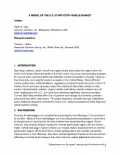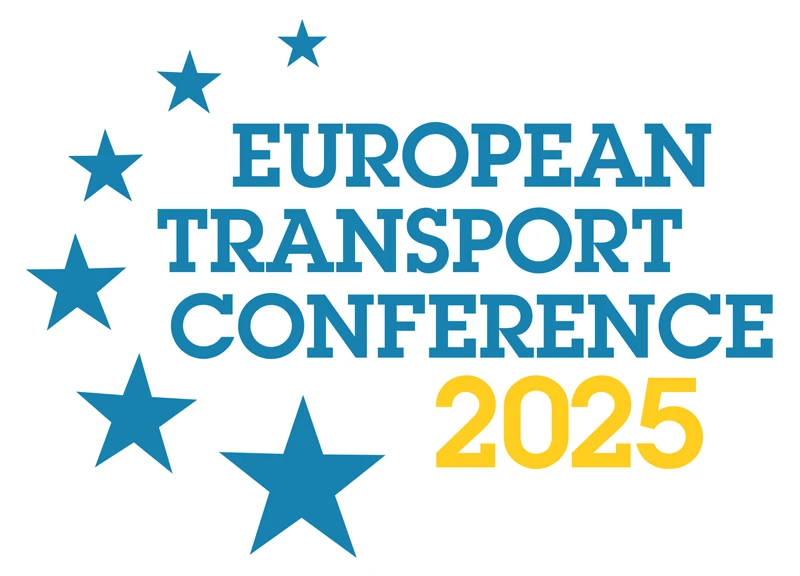-
Past ETC Papers

Browse, search and view papers from the past AET Conferences.
-
Members' Area

AET promotes networking and exchange of ideas, information and opportunities amongst members.
Conference Papers 2012
Glasgow, United Kingdom
ETC Conference Papers 2012
A model of the U.S. start-stop vehicle market
Seminar
Day 1 (8 Oct 2012), Towards a Sustainable Fleet, CAR PURCHASE AND ITS ALTERNATIVES, 11:00 - 13:00
Status
Accepted, documents submitted
Authors
T Adler, J Keller, Resource Systems Group, US
Short abstract
This paper describes research that was undertaken and a model that was developed to estimate the future U.S. market penetration of start-stop and hybrid-electric vehicles.
Abstract
Start-stop or "idle off" vehicles have been on sale for more than four years and have achieved noticeable market penetration in Europe but have yet to be made available in the U.S. market. Given the different vehicle preferences, traffic conditions and fuel prices in the U.S. market, there have been questions about the viability of start-stop vehicles in that market. Hybrid electric vehicles, plug-in hybrids and battery electric vehicles have all been introduced in the U.S. market but none have achieved significant market penetration. Start-stop vehicles offer lower fuel savings but at a far lower purchase price point than those other configurations. This paper describes research that was undertaken and a model that was developed to estimate the future U.S. market penetration of start-stop and hybrid-electric vehicles.
The research that was undertaken for this study included both focus groups and a quantitative survey of U.S. consumers who intended to buy a new vehicle in the next two years. In the focus groups, start-stop concept was introduced and discussed in details. Although there had been some press coverage of the impending introduction of start-stop vehicles in the U.S., participants were almost totally unfamiliar with this concept. However, most participants indicated that they would consider this option if it were available at a modest cost over a conventional vehicle.
The quantitative survey included stated choice experiments in which respondents were asked to consider conventional, start-stop, advanced start-stop (higher costs and higher fuel savings) as well as hybrid-electric vehicle configurations. Discrete choice models were estimated using hierarchical Bayes methods and those models were used in a sample enumeration-based simulation to estimate the market penetration of start-stop and other fuel-efficient vehicle configurations. The model is being used to estimate future market penetration rates under a variety of fuel price scenarios and technology performance levels.
Documents:

Association For
European Transport
Forester House
Doctors Lane
Henley-in-Arden
Warwickshire, UK
B95 5AW
+44 (0) 15 64 793552
VAT number: 710 1866 64
Conference Supporters & Endorsers




Legal Entity
The Association for European Transport is registered as an Association ('vereniging') with the Chamber of Commerce for Haaglanden in The Netherlands under company number 27170096.
Built on Zenario




